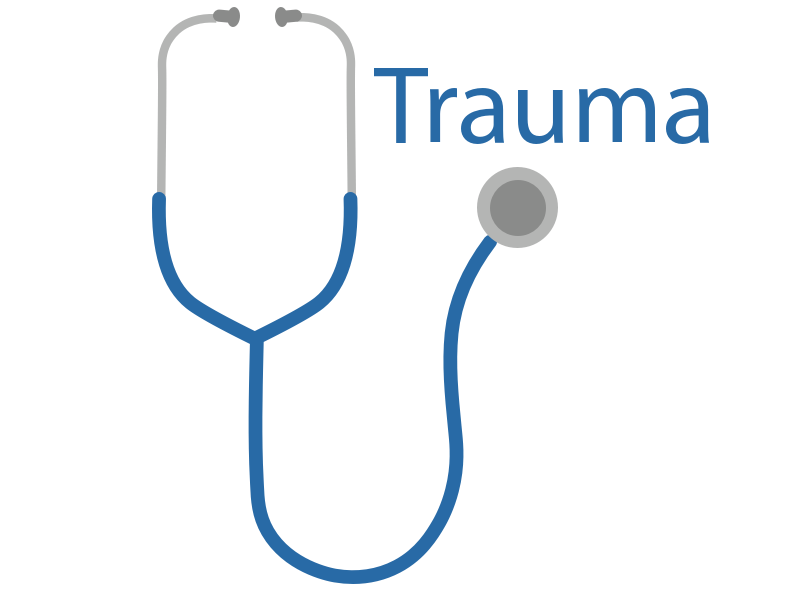Therapy for PTSD
We begin by identifying whether your symptoms are mild or severe, establishing a baseline through a series of short written questions. This allows me to evaluate what form of therapy will suit you best, and I will keep you informed throughout.
I then use an evidence-based model comprising 3 phases:
- Our first step is to make sure you feel safe so that your fears cannot overwhelm you. We do this with Somatic Safe Place Imagery and Body Scans, allowing you to reclaim a sense of safety. For stabilisation and regulation we offer you the chance to spend time with our horses who by nature can help you align with their inner state of calm, making you feel safe and heard. With or without our horses you will be given the tools to regulate yourself and feel safe.
- Only once we have achieved this will we move on to processing your fears/trauma. Trauma-Focused Cognitive Behaviour Therapy [link to CPR section] will help you transform your negative beliefs into positive beliefs and approach your challenges in a different way.
- The last phase is Post-Trauma Regrowth, the key to integrating your learnings into your life to look forward to a more positive future. Together we will build a Resilience Plan to help you cope better and open up exciting new freedom.
This approach is based on Herman’s (1992) Tri-Phasic Model as a Standard of Care for Clinicians and has been approved by the Royal College of Psychiatrists and the UK Psychological Trauma Society.
How to feel safe in your body

[paragraph here]
- Trauma as not a memory about the past it sits within you and within your body.
- It is NOT a problem which can be solved rationally it gets locked into an area of your brain making you constantly reacting as if you are in danger. Your brain gets rewired to “high alert” – your body stores the experience
- In order to heal trauma, first of all your body needs to feel safe and present in the moment then you can slowly process the experience
by resourcing you, making you feel safe and giving you the tools to self regulate before we can process your trauma.
[ AN ASIDE/CITATION HERE ]
There are powerful insights in this explanation from eminent psychiatrist Dr. Bessel van der Kolk:
The eminent psychiatrist Dr. Bessel van der Kolk describes
Dr. van der Kolk sums up the way I can help you
